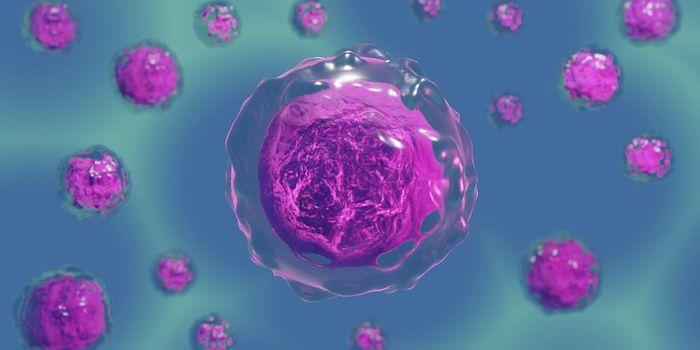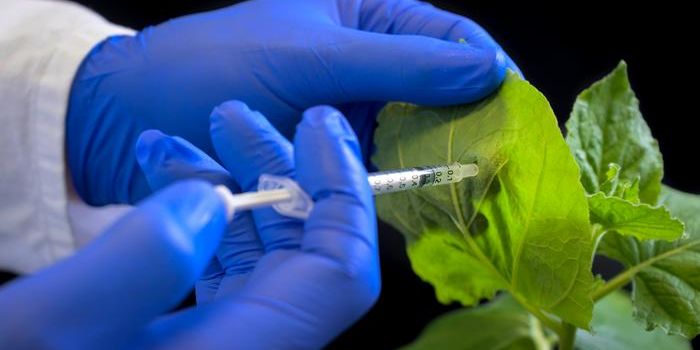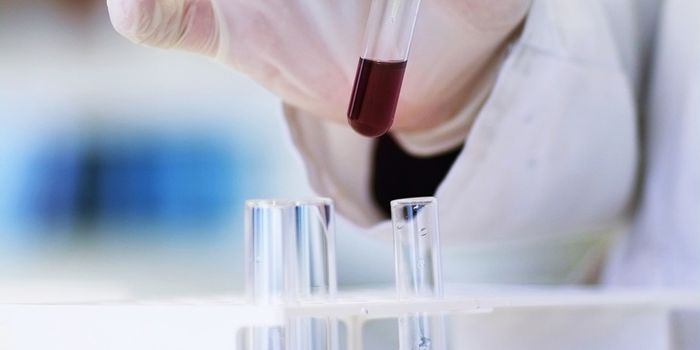Food allergies, especially in children, are becoming more and more at the center of different kinds of research: immunological, gastroenterological, genetics, and many more. Newest research shows that a specific protein could tie together and implicate multiple body systems in the development of food allergies.
Using mouse models, researchers from the Technical University of Munich (TUM) looked at the presence and absence of a protein, NOD2.
When NOD2 is present, it is able to “recognize” the main component of bacterial cell walls in the intestinal bacteria that live in our guts. The recognition process leads to other reactions, including the release of regulatory T cells, lymphocytes that maintain the integrity of the immune response.
The absence of NOD2 leads to a completely different scenario. Instead of signalling the production of regulatory lymphocytes, type 2 T helper (Th2) cells are released. These lymphocytes produce multiple interleukins that are responsible for producing antibodies. In the case of food allergies, Th2 cells produce immunoglobulin E (IgE). This specific immunoglobulin is designed to respond to allergens.
In the mouse models where NOD2 was absent, the researchers also found that the composition of their intestinal microbiota was different from the mice whose NOD2 was intact. Past studies of the human microbiome have shown that people with less diverse microbiota populations are more likely to have health problems.
TUM scientists also found that they could prevent future allergic reactions in mice lacking NOD2 by restoring healthy diversity to their gut microbiome. That leads to the idea that even if NOD2 is present, perhaps an unhealthy gut microbiome is enough to predispose someone to food allergies.
"This relationship between intestinal flora and the production of antibodies opens up new therapeutic approaches for patients whose microbiota is altered", said TUM’s Tilo Biedermann. "For example, if it is possible to encourage harmless bacteria to colonize the intestines, this would also reduce the body's reaction to allergens."
Sources:
Technical University of Munich,
Inflammatory Bowel Disease









